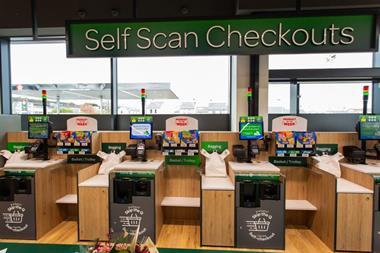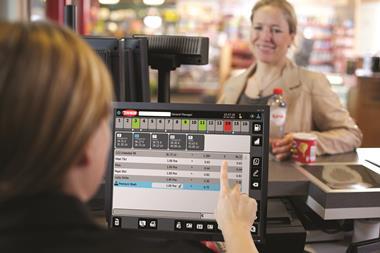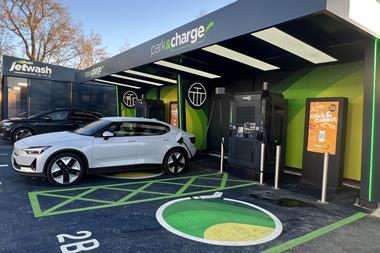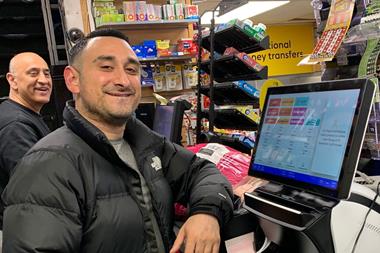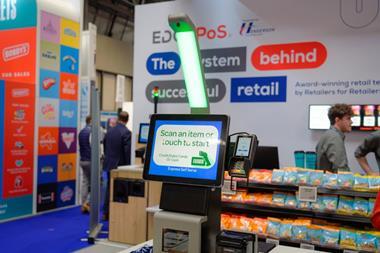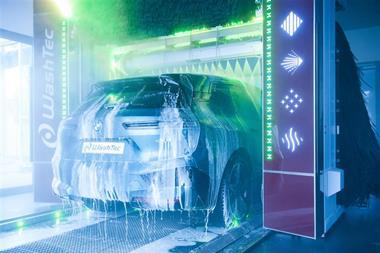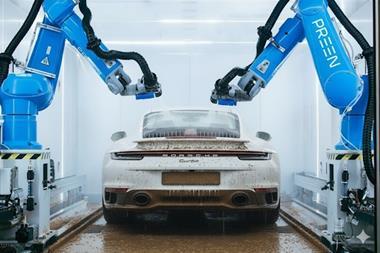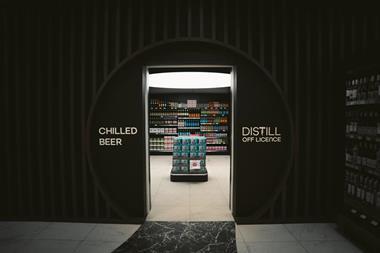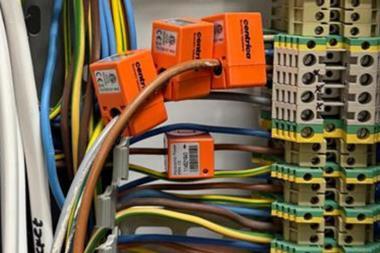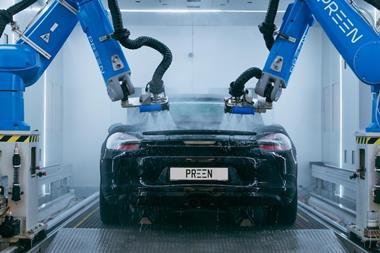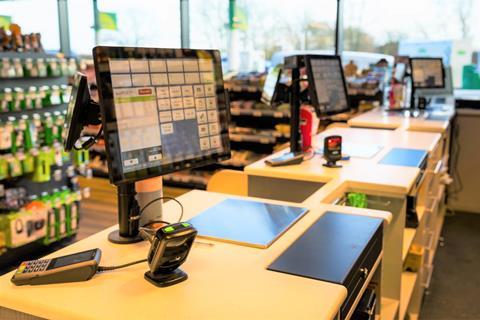
Somewhere over the Atlantic, on the way to Chicago to visit family, Danyal Shoaib, owner of Hylands Service Station, in Great Bookham, Surrey, suddenly realised he needed to place a chilled order with his wholesaler Blakemore before 10pm UK time.
A real pain, you might think, but the solution was simple thanks to evoBackOffice. “My manager was away so I logged on to evoBackOffice (having paid for wi-fi on the plane) collected the EDN (Electronic Delivery Note) and generated the auto order from my phone. What amazing technology that enables me to do this from literally anywhere,” says Shoaib.
“The ability to access evoBackOffice remotely remains a firm favourite with our retailers,” explains Adrian Felton, managing director at Madic UK.
Another popular provision is the fact that Madic’s evoPOS and evoBackOffice are designed to be connected to third-party apps and services: “We are true connoisseurs when it comes to working with integration partners. For example, we have three ESELs (electronic shelf edge label) partners – Hanshow, Vusion and Panasonic – giving our retailers choice. It’s well known that stores gain significant efficiencies in time and resource using ESELs versus paper labels, along with other benefits,” says Felton.
Tom Highland from The Highland Group introduced ESELs via the evoBackOffice integration with Vusion. “This has enabled us to really up our game for pricing promotions, being able to say ‘cheaper than Tesco’ on our labels is powerful. We’re really excited about being able to introduce timed pricing which will allow us to maximise our margins,” he says.
Madic’s delivery integrations are becoming very popular too. The company currently has two delivery partners, Deliverect and Altaine. For stores that provide third-party delivery, these solutions bring together all online-order and delivery channels, such as Uber Eats, Deliveroo and Just Eat, directly to evoPOS. The benefits include all orders being in one place, central menu management, no need for manual re-entry of delivery orders at the POS and no need for separate tablets to manage delivery orders.
When it comes to self-checkout, Felton says many forecourts suit a hybrid self-checkout, which uses the same hardware as a traditional epos but can be switched from ‘cashier’ to ‘self-checkout’ mode. “This gives retailers a flexible and economical option where the customer facing screen becomes a self-checkout screen. It’s accepted wisdom that self-checkouts improve customer flow and staff reutilisation also has significant benefits.”
Shoaib at Hylands Service Station found that their hot food sales doubled when they installed a hybrid self-checkout. “I have been able to use my staff from the till to keep a closer eye on the hot food counter. They’ve been able to bake and re-order much more efficiently, leading to an uplift in sales,” he explains.
Feedback from retailers on sales of hot food helped Madic prioritise the development of its new evoBackOffice Food Service module. This will give retailers better cost and margin control over made-in-store food products. The first store pilot will be in early spring this year.
Looking to the future, Felton says they plan to offer innovative Smart Fridge technology to retailers. “Smart Fridges offer an autonomous way for customers to purchase goods – with the fridge recognising which goods have been taken – and can be set up outdoors or indoors,” he explains.





















